There are number of organic compounds including esters, xanthate esters, amine oxides etc., that undergo pyrolytic elimination with heat in the absence of added reagent, either in inert solvent or in the absence of solvent. In general these elimination follow the rate law.
Rate ∝[Substrate]
However reaction is different from E1 elimination by the degree of syn-stereoselectivity that they exhibit. These reactions are also known as E1 elimination and the degree of syn-stereoselectivity reflect the extent to which they proceed via cyclic transition state.
![There are number of organic compounds including esters, xanthate esters, amine oxides etc., that undergo pyrolytic elimination with heat in the absence of added reagent, either in inert solvent or in the absence of solvent. In general these elimination follow the rate law. Rate prop[Substrate] However reaction is different from E(1) elimination by the degree of syn-stereoselectivity that they exhibit. These reactions are also known as E(1) elimination and the degree of syn-stereoselectivity reflect the extent to which they proceed via cyclic transition state. Find the structure of product :](https://d10lpgp6xz60nq.cloudfront.net/physics_images/GRB_CHM_ORG_HP_C04_E01_286_Q01.png)
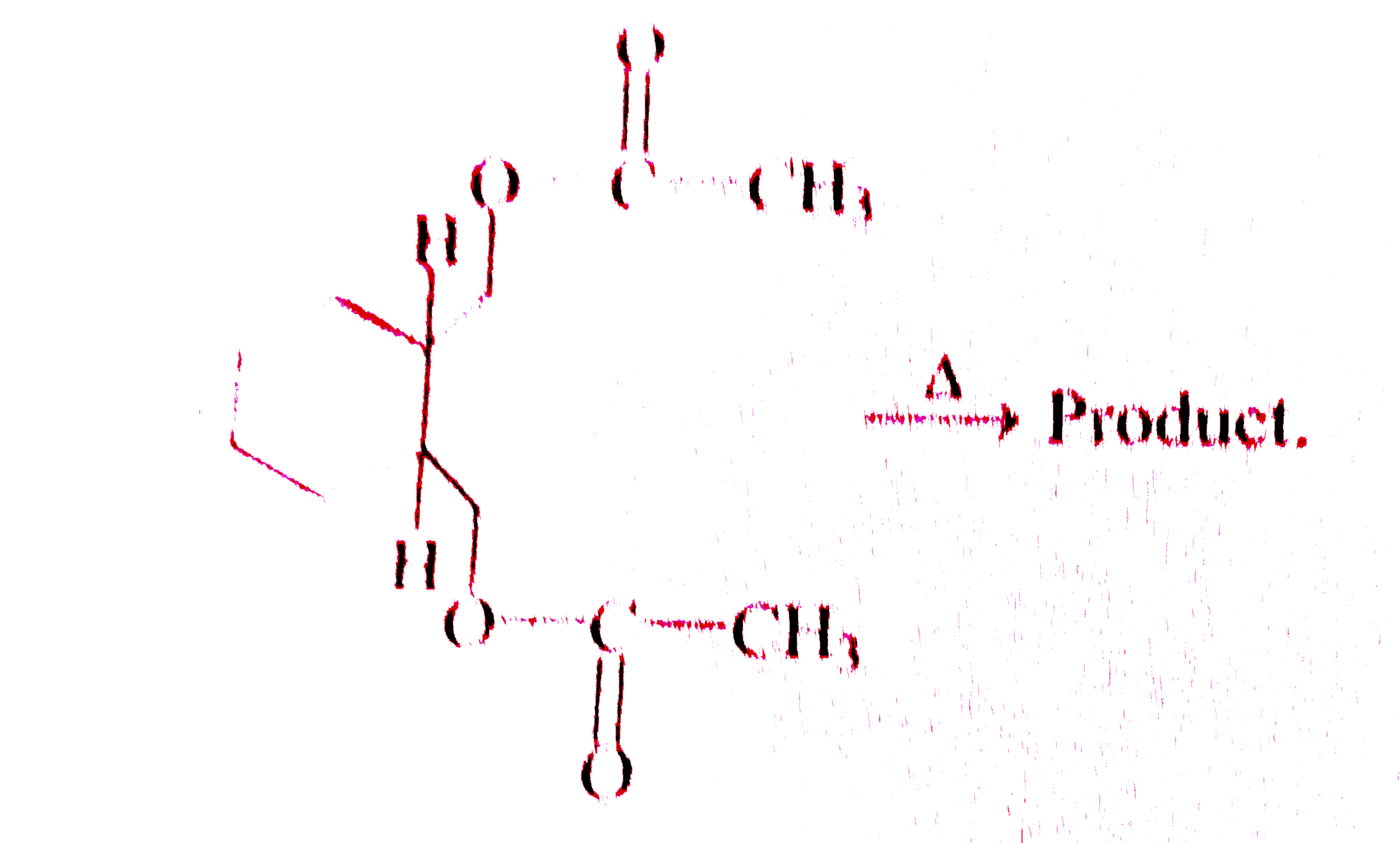
Find the structure of product :
A
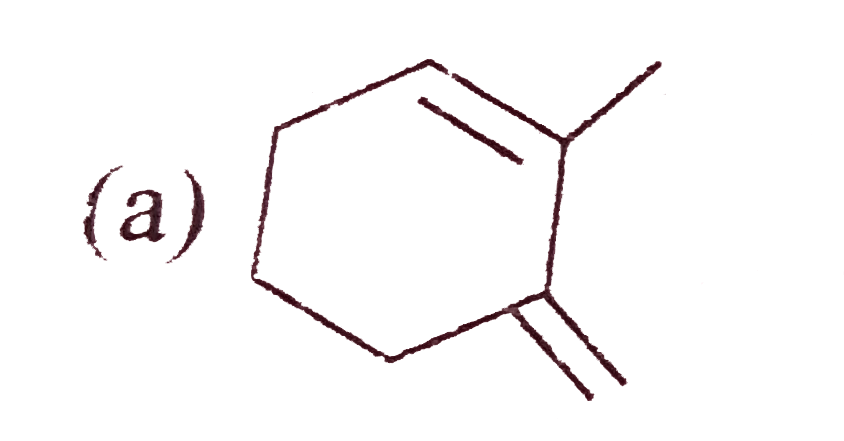
B
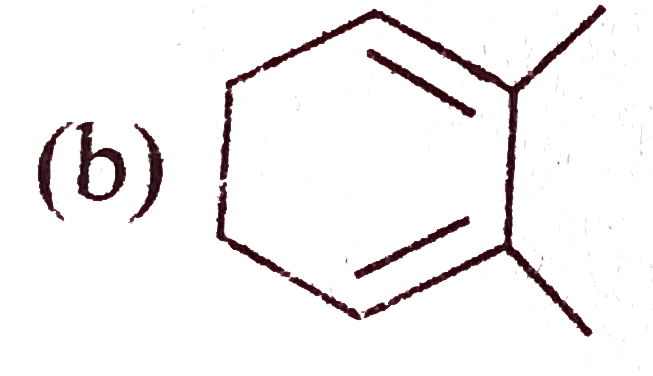
C
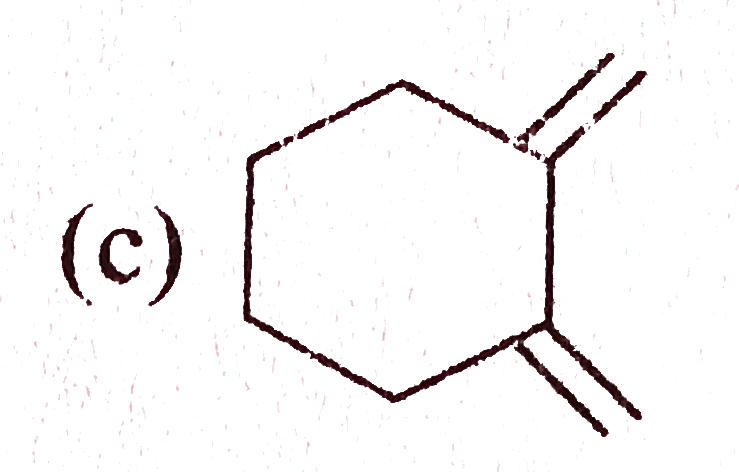
D
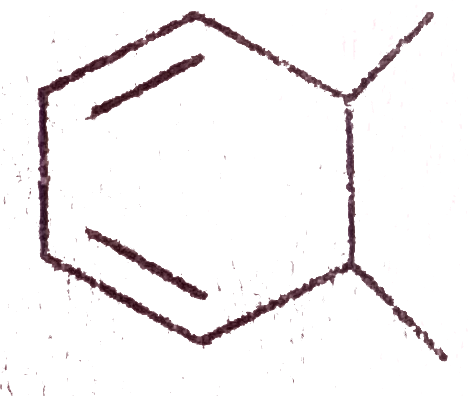
Text Solution
The correct Answer is:C
|
Topper's Solved these Questions
- HALIDESBOOK - HIMANSHU PANDEYCHAPTER - HALIDESEXERCISE - Linked Comprehension Type (Q.26 To Q.27)
2 Videos
- HALIDESBOOK - HIMANSHU PANDEYCHAPTER - HALIDESEXERCISE - Match The Column
13 Videos
- HALIDESBOOK - HIMANSHU PANDEYCHAPTER - HALIDESEXERCISE - More Than One Correct (Q.26 To Q.50)
25 Videos
- GENERAL ORGANIC CHEMISTRYBOOK - HIMANSHU PANDEYCHAPTER - GENERAL ORGANIC CHEMISTRYEXERCISE - Subjective Type Problems
19 Videos
- ISOMERISMBOOK - HIMANSHU PANDEYCHAPTER - ISOMERISMEXERCISE - Subjective Type Problems
11 Videos
Similar Questions
Knowledge Check
There are number of organic compounds including esters, xanthate esters, amine oxides etc., that undergo pyrolytic elimination with heat in the absence of added reagent, either in inert solvent or in the absence of solvent. In general these elimination follow the rate law.
Rate ∝[Substrate]
However reaction is different from E1 elimination by the degree of syn-stereoselectivity that they exhibit. These reactions are also known as E1 elimination and the degree of syn-stereoselectivity reflect the extent to which they proceed via cyclic transition state.

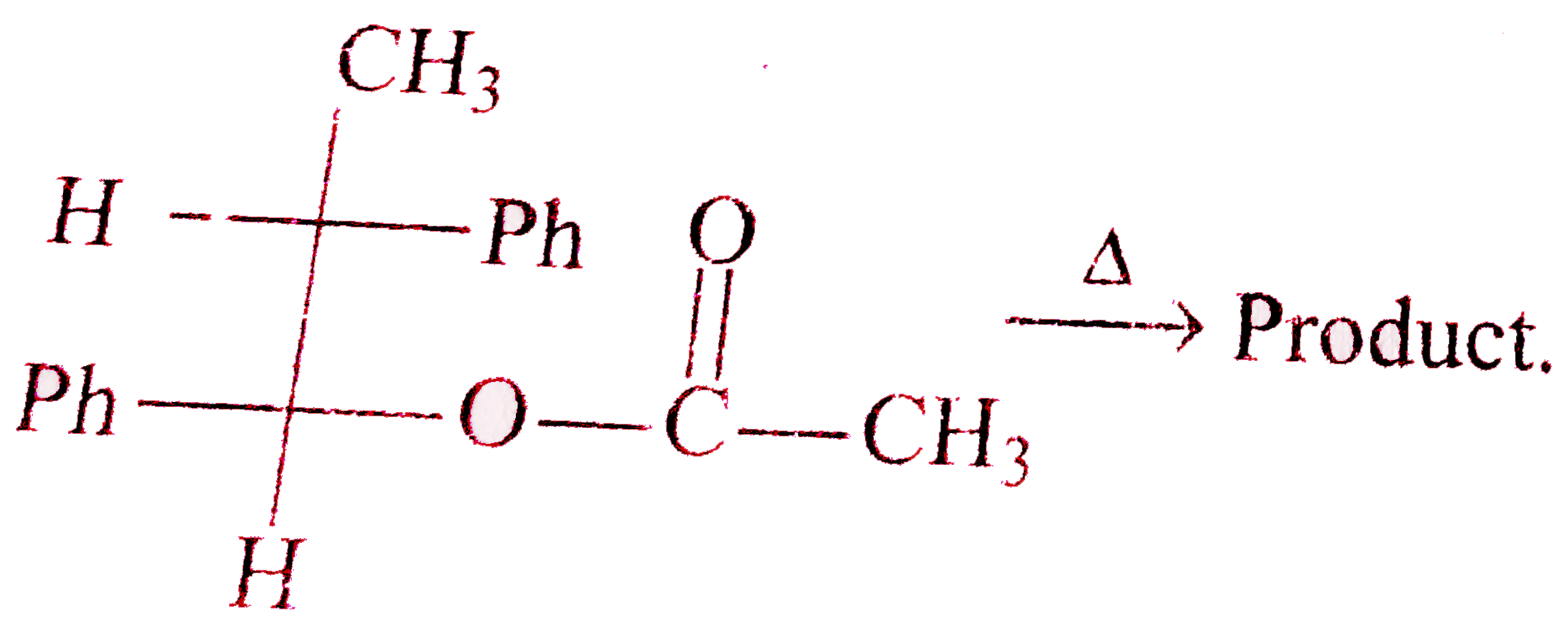
Find the major product of reaction :A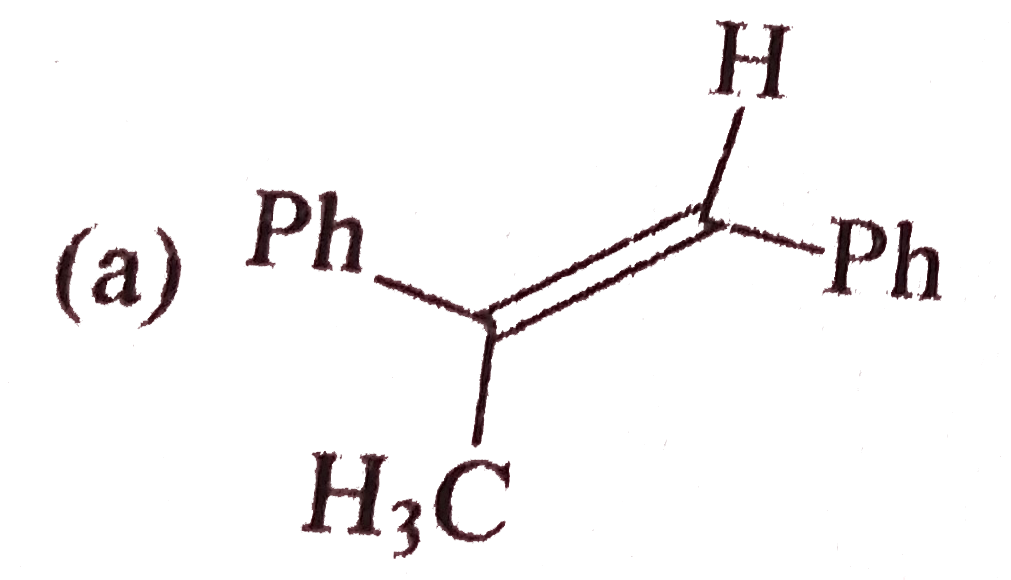 B
B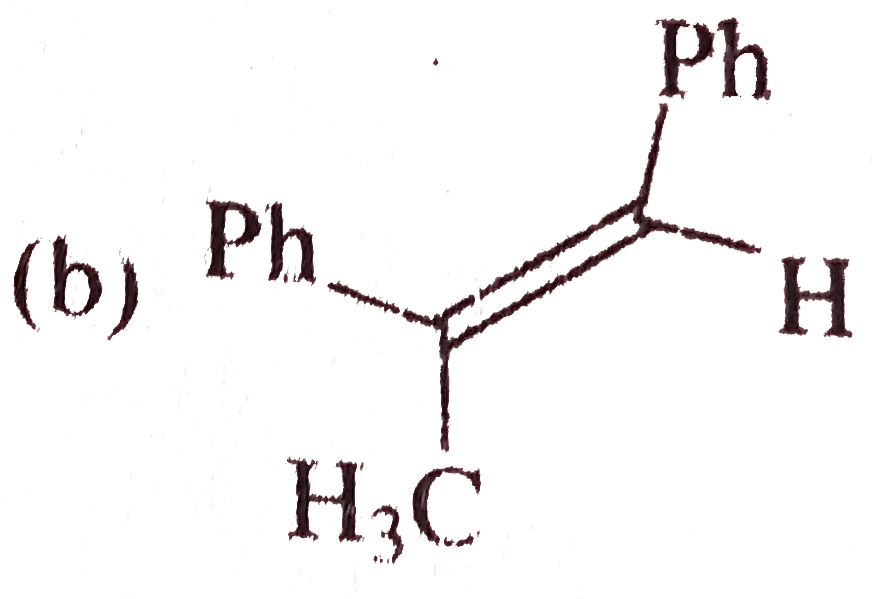 C
C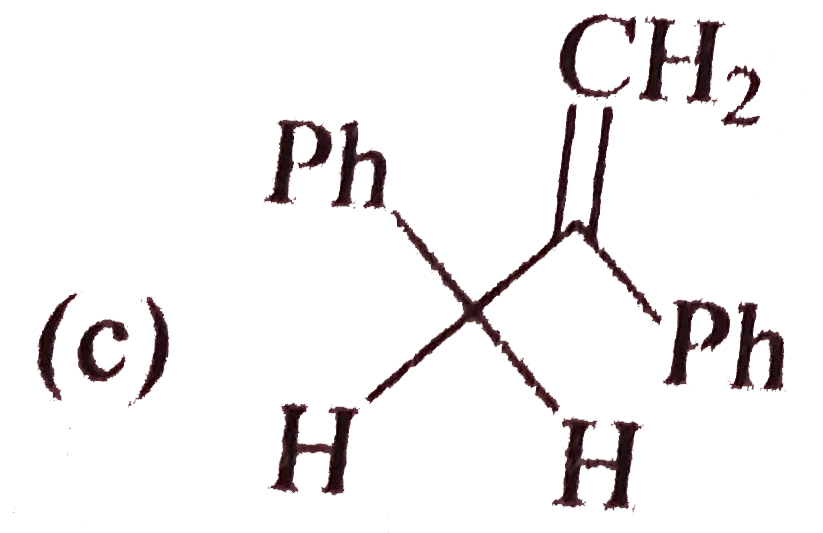 DNone of these
DNone of theseThere are number of organic compounds including esters, xanthate esters, amine oxides etc., that undergo pyrolytic elimination with heat in the absence of added reagent, either in inert solvent or in the absence of solvent. In general these elimination follow the rate law.
Rate ∝ =[Substrate]
However reaction is different from E1 elimination by the degree of syn-stereoselectivity that they exhibit. These reactions are also known as Ei elimination and the degree of syn-stereoselectivity reflect the extent to which they proceed via cyclic transition state.

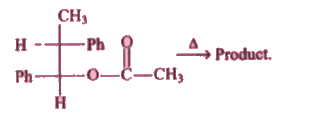
Find the major product of reaction :A B
B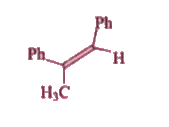 C
C DNone of these
DNone of theseThere are number of organic compounds including esters, xanthate esters, amine oxides etc., that undergo pyrolytic elimination with heat in the absence of added reagent, either in inert solvent or in the absence of solvent. In general these elimination follow the rate law.
Rate ∝[Substrate]
However reaction is different from E1 elimination by the degree of syn-stereoselectivity that they exhibit. These reactions are also known as E1 elimination and the degree of syn-stereoselectivity reflect the extent to which they proceed via cyclic transition state.

Find the major product of the following reaction :
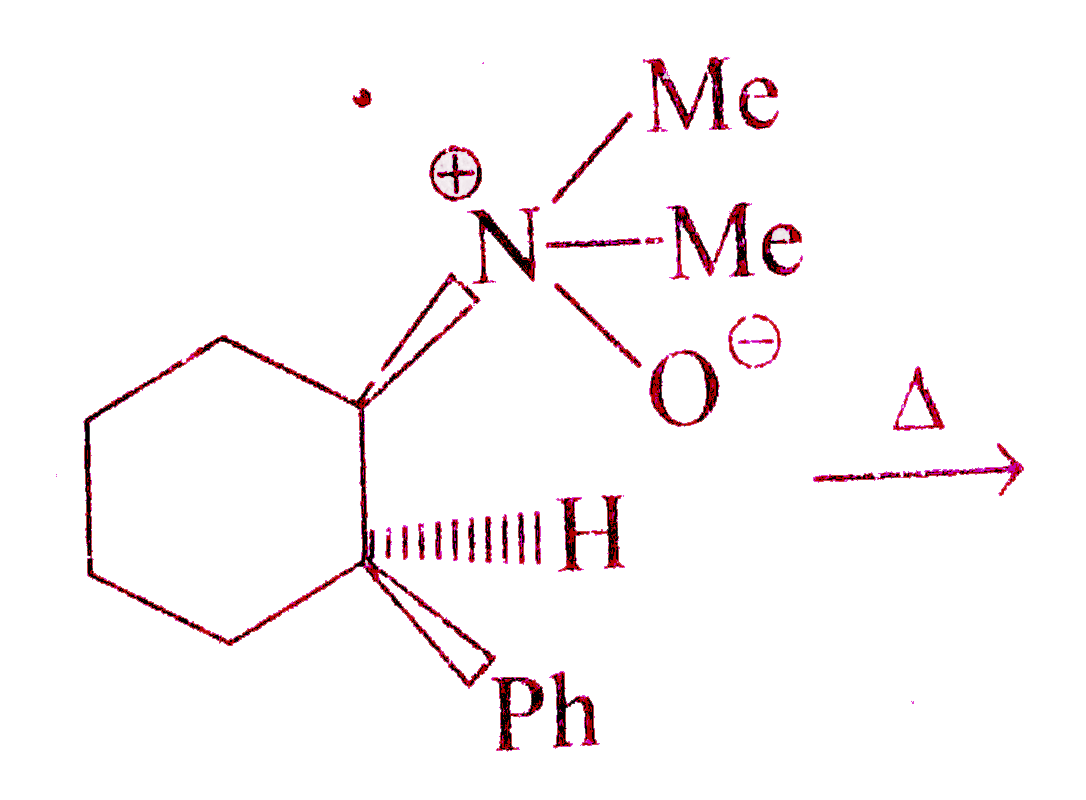 A
A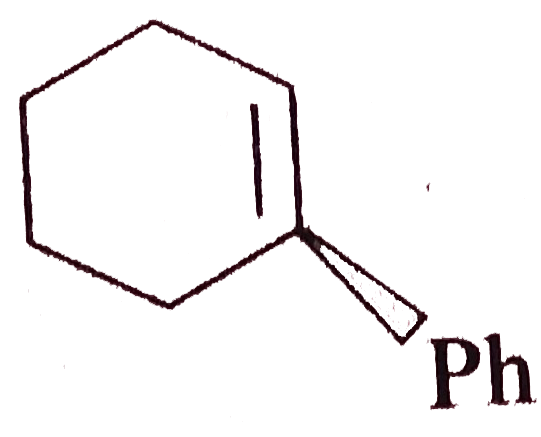 B
B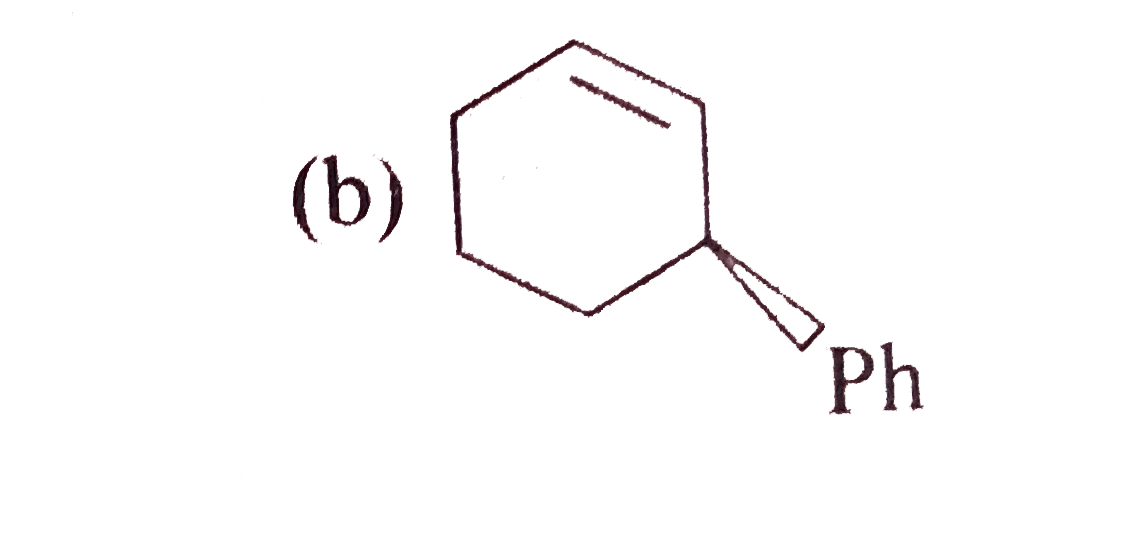 C
C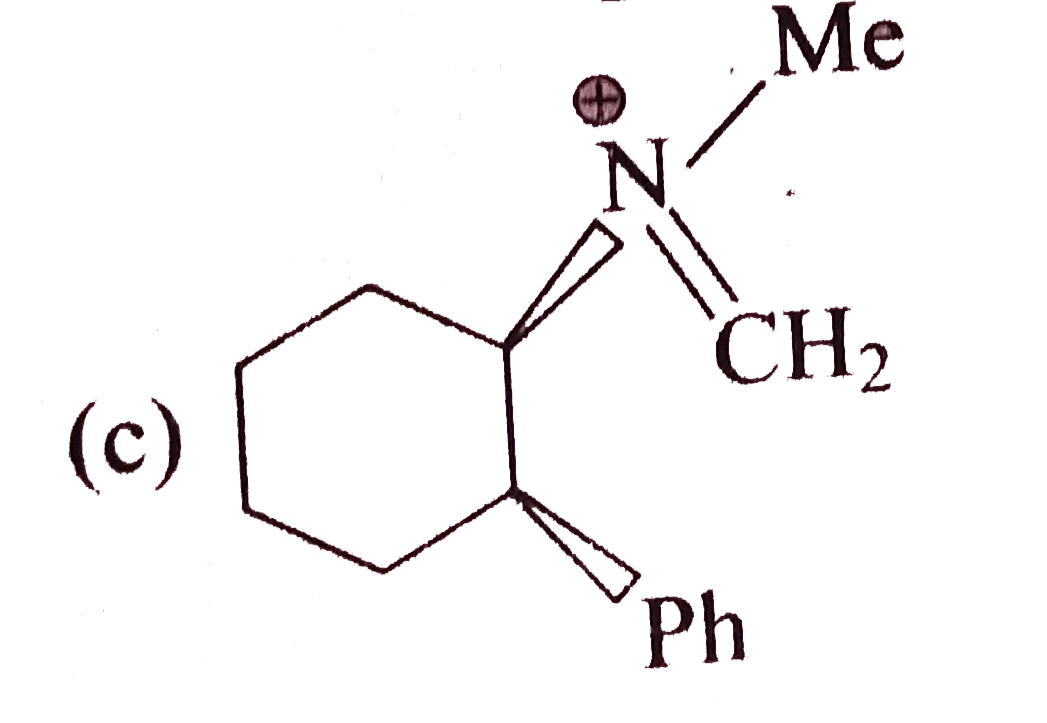 DNone of these
DNone of these
Elimination Reactions
View SolutionElimination Reaction
View SolutionElimination Reaction
View SolutionElimination Reaction
View SolutionThere are number of organic compounds including esters, xanthate esters, amine oxides etc., that undergo pyrolytic elimination with heat in the absence of added reagent, either in inert solvent or in the absence of solvent. In general these elimination follow the rate law.
Rate ∝ =[Substrate]
However reaction is different from E1 elimination by the degree of syn-stereoselectivity that they exhibit. These reactions are also known as Ei elimination and the degree of syn-stereoselectivity reflect the extent to which they proceed via cyclic transition state.

Find the major product of the following reaction :
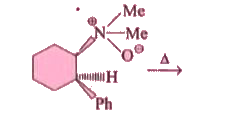
View Solution
